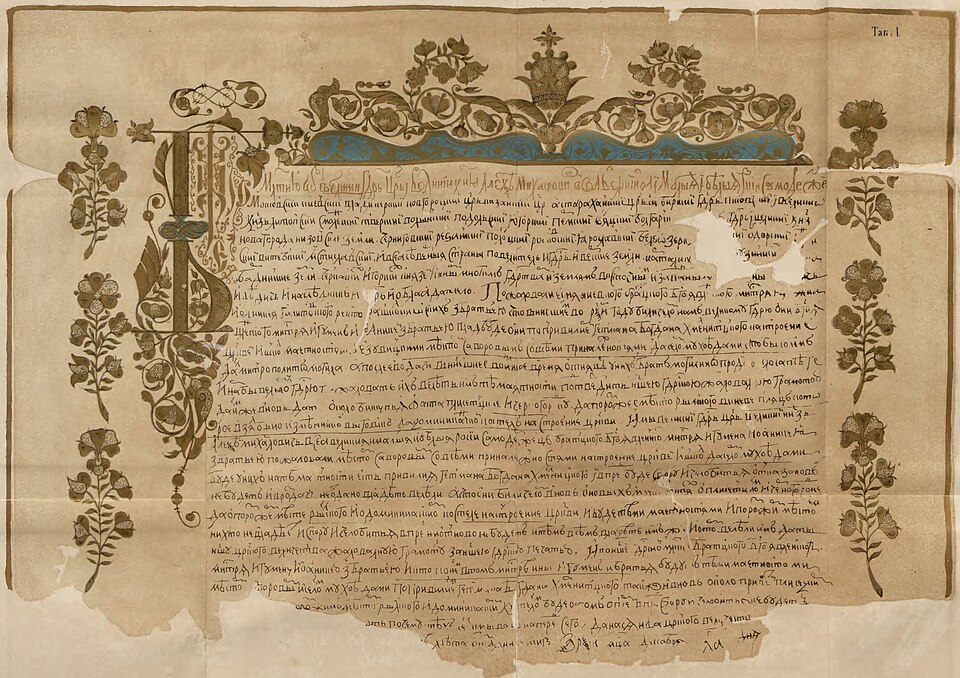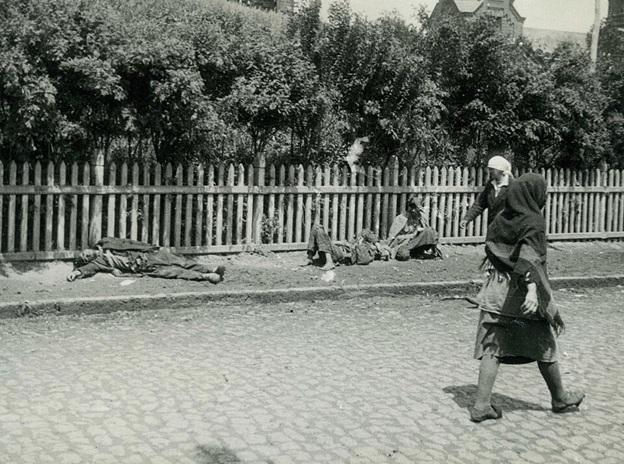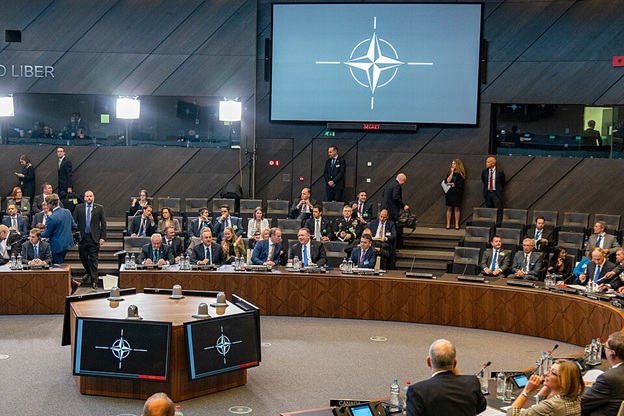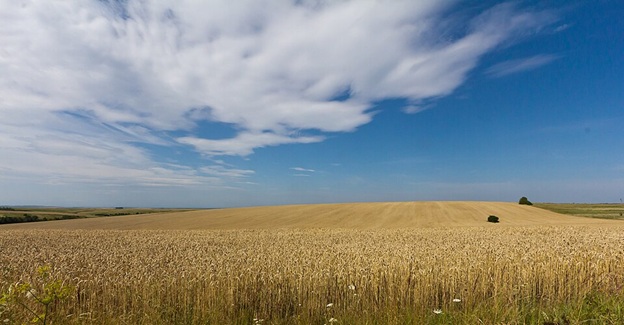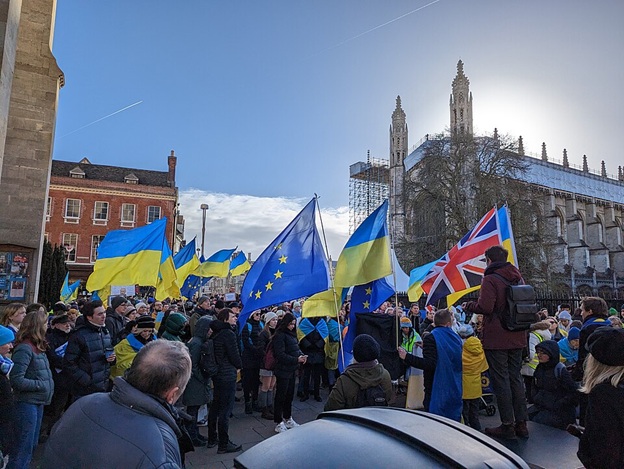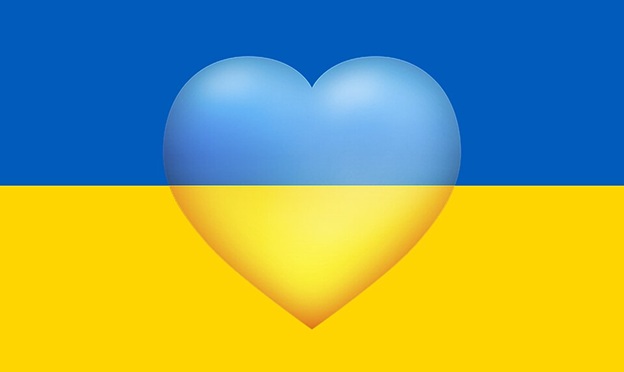The full-scale invasion of Ukraine by Russia in 2022 was a shocking event that reverberated across the globe. For many, it seemed to come out of nowhere, an act of unprovoked aggression in the 21st century. But to understand the true significance of this conflict, we must look beyond recent events and delve into a history that has bound and divided these two nations for nearly 400 years. The current struggle isn’t just a modern territorial dispute. It’s the culmination of centuries of cultural suppression, political control and Ukraine’s long, arduous fight for self-determination.
A Long History of Russian Domination
The story begins not with modern states, but with a medieval realm. From the 9th to the 13th centuries, much of present-day Ukraine was the heartland of Kyivan Rus’, a powerful East Slavic state. Kyiv was already a thriving metropolis when Moscow was barely a village. However, following the Mongol invasion, these lands fell under the control of other powers, leading to centuries of fragmentation.
A pivotal turning point arrived in the 17th century. The Pereyaslav Agreement of 1654 was initially an alliance between the Ukrainian Cossack Hetmanate and the Russian Tsardom against the Polish-Lithuanian Commonwealth. The Cossacks viewed it as a military protectorate, but Russia saw an opportunity. Over time, this treaty became the justification for Russia’s gradual assertion of control, which was solidified in the 18th century. Under Catherine the Great, the last remnants of Ukrainian autonomy were systematically dismantled and the territory was fully integrated into the vast Russian Empire.
The 19th and early 20th centuries were marked by aggressive policies of Russification, which sought to suppress the Ukrainian language, literature and culture. Despite this, a vibrant intellectual and political movement continued to push for a distinct Ukrainian national identity. This push briefly succeeded after the fall of the Russian Empire in 1917, when Ukraine achieved independence as the Ukrainian People’s Republic. But this freedom was short-lived, as the country was conquered by the Bolsheviks and absorbed into the new Soviet Union.
Throughout the Soviet era, Ukraine was under Moscow’s firm control. This period included the horrific Holodomor, a man-made famine in the 1930s that killed millions of Ukrainians, and continued suppression of national identity. True, lasting independence finally came with the collapse of the Soviet Union in 1991. Since then, Ukraine has been on a path to strengthen its sovereignty and align itself with the West, a path that Russia has consistently tried to undermine, culminating in the 2014 annexation of Crimea and the full-scale invasion in 2022.
In short, for nearly four centuries, Ukraine has been under direct or indirect Russian domination. Its independence since 1991 marks not only a political reality, but the culmination of a centuries-long national aspiration.
Why Ukraine’s Independence Matters for Europe
- Geopolitical Stability and Security
Ukraine is Europe’s frontline against Russian aggression. As a vast country between Russia and the European Union, its sovereignty creates a vital buffer. If Ukraine were to fall under Moscow’s control again, Russia’s military would sit directly on the borders of NATO members such as Poland, Romania and Slovakia. The fragile peace that Europe has enjoyed since the end of World War II would shatter.
A Russian victory would also embolden authoritarian regimes worldwide by proving that borders can be redrawn by force, treaties mean nothing and might makes right. For the world this would fundamentally destabilize the post–World War II security order built on peace, law and cooperation.
- Economic Significance
Ukraine is the “breadbasket of Europe”. Its fertile black soil produces massive amounts of wheat, corn and sunflower oil. Disruptions caused by war would ripple across the globe, leading to food shortages in Africa, the Middle East, Asia and beyond.
Ukraine also plays a role in Europe’s energy security, serving as a key transit route for gas and oil pipelines. A weakened or occupied Ukraine would give Moscow even more leverage over Europe’s energy supplies. A silenced, occupied Ukraine would not only destabilize Europe, but shake the world economy.
- Democratic Values and International Law
For Europe, Ukraine’s fight is not only about territory. It is about principles. Ukraine has chosen a path toward democracy, human rights and integration with Western institutions. Its people have repeatedly stood up for this choice, from the Orange Revolution (2004) to the Maidan protests (2013–14).
Supporting Ukraine means defending the principle that sovereign nations have the right to choose their own future. It also reinforces the global commitment to international law, territorial integrity and the rejection of conquest by force.
Most importantly, Ukraine’s fight is a fight for values. This is not just a war over land. It is a war over the principle that free people can choose their own future. Europe’s democratic project, its union built on law, human rights and mutual respect, depends on Ukraine’s survival.
Why Ukraine Matters for the United States
It is easy to ask: why should America care about a war thousands of miles away? The answer is simple: because what happens in Ukraine will shape the future of global freedom.
- America’s Security
If Russia succeeds in conquering Ukraine, it will not stop there. Other nations once under Soviet rule — Estonia, Latvia, Lithuania — would be next. Unlike Ukraine, those countries are NATO members. That means American soldiers could be drawn into a direct war with Russia. Supporting Ukraine now is not charity. It is prevention.
- America’s Economy
War in Europe will send shockwaves through global energy and food markets. Gas prices will rise, inflation will spike, supply chains will falter. Helping Ukraine defend itself is far less costly than living with a permanently destabilized Europe.
- America’s Values
The United States has long defined itself as a defender of liberty. If we allow a democracy to be crushed by brute force, we send a signal to every authoritarian regime from Moscow to Beijing that aggression pays. Ukraine is not only defending its own land. It is standing on the front line of the global struggle between democracy and tyranny. Fates of Taiwan, Cyprus, Guyana, Kosovo and many others can depend on Ukraine’s outcome.
The Stakes of This War
Ukraine’s story is not just about history. It is about the kind of future we all want to live in. Do we want a world where powerful nations can simply erase their neighbors? Where famine, fear and dictatorship spread unchecked? Or do we want a world where nations, large and small, have the right to determine their own destiny?
The Ukrainian people have made their choice. They have chosen freedom, even at terrible cost. In doing so, they have reminded the world of something we sometimes forget: freedom is never free. It must be defended, sometimes with words, sometimes with sacrifice and sometimes, tragically, with blood.
For Europe, for America and for the entire international order, Ukraine’s independence is not just important. It is essential. Their fight is our fight. Their freedom is tied to ours.
Discover more from Tales of Many Things
Subscribe to get the latest posts sent to your email.


